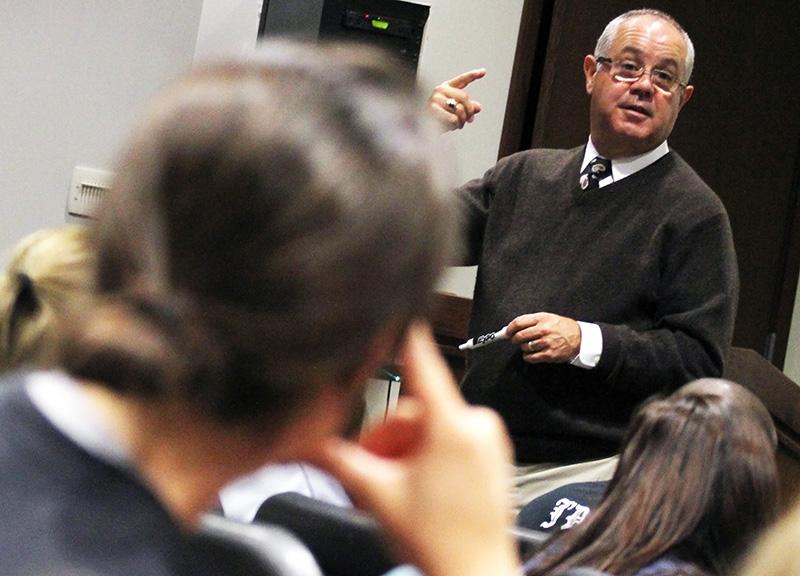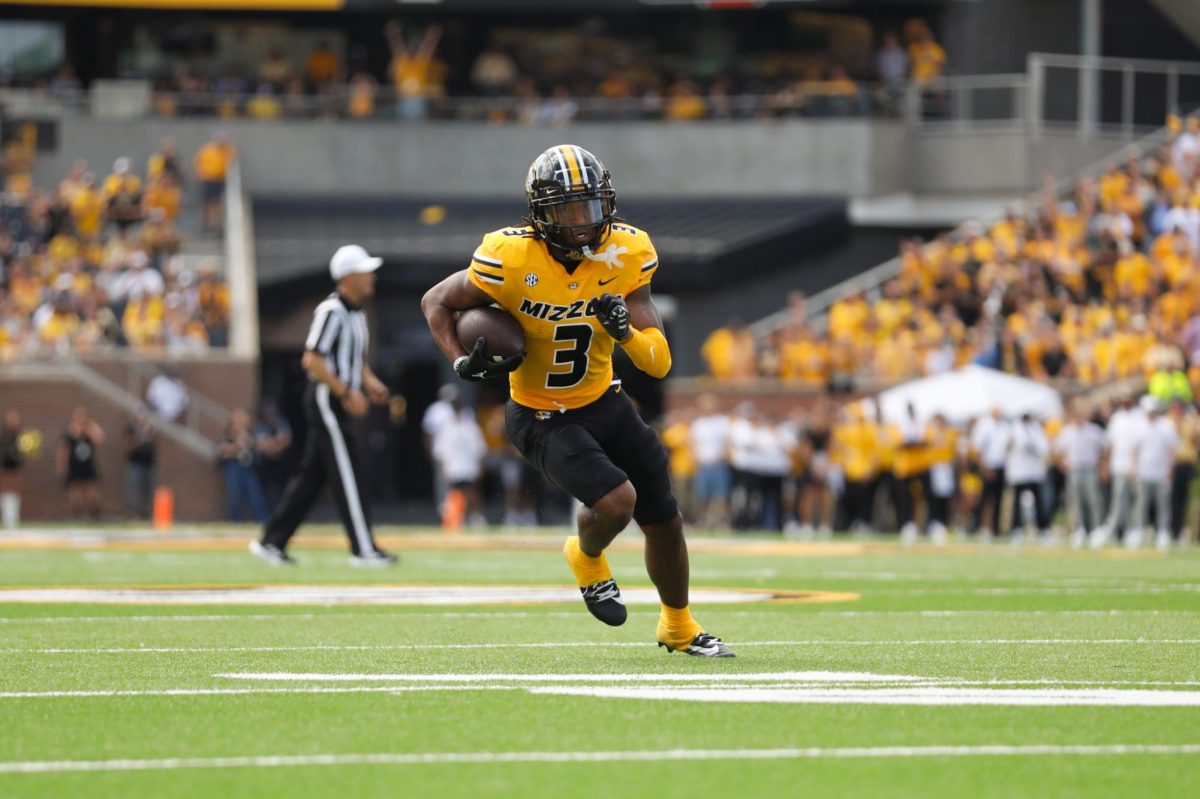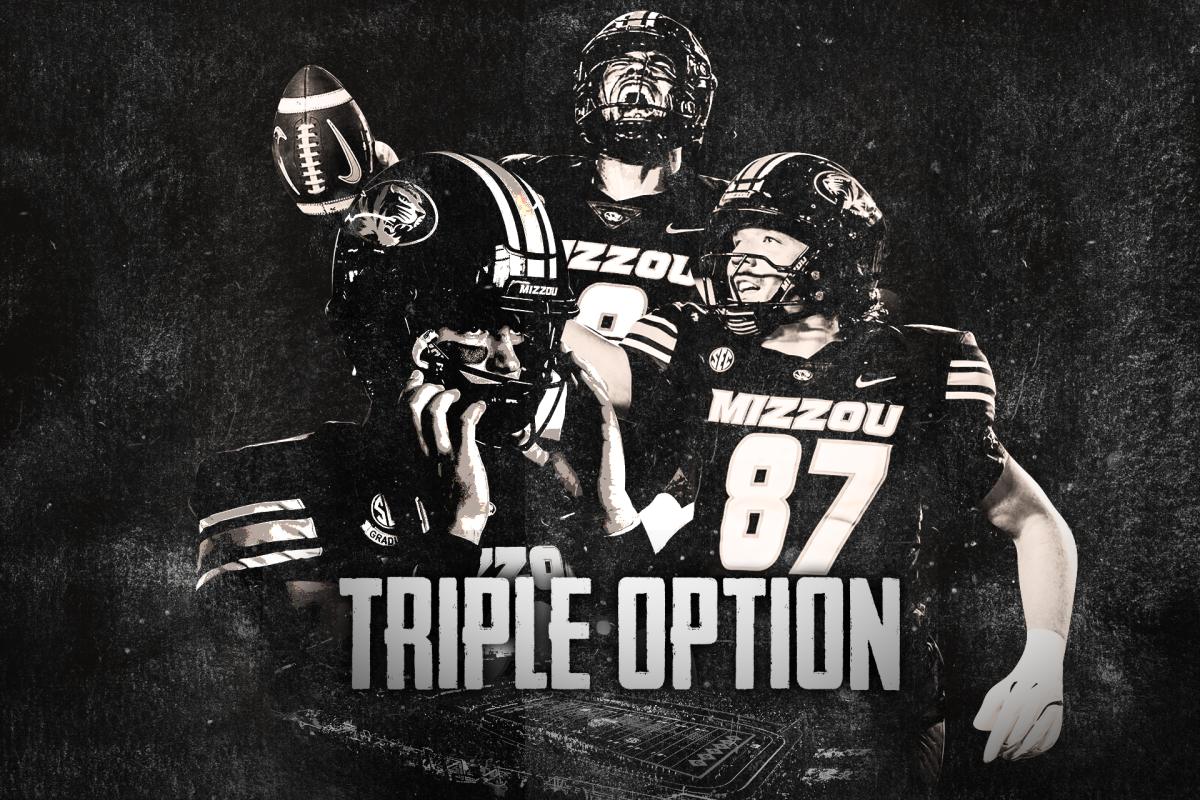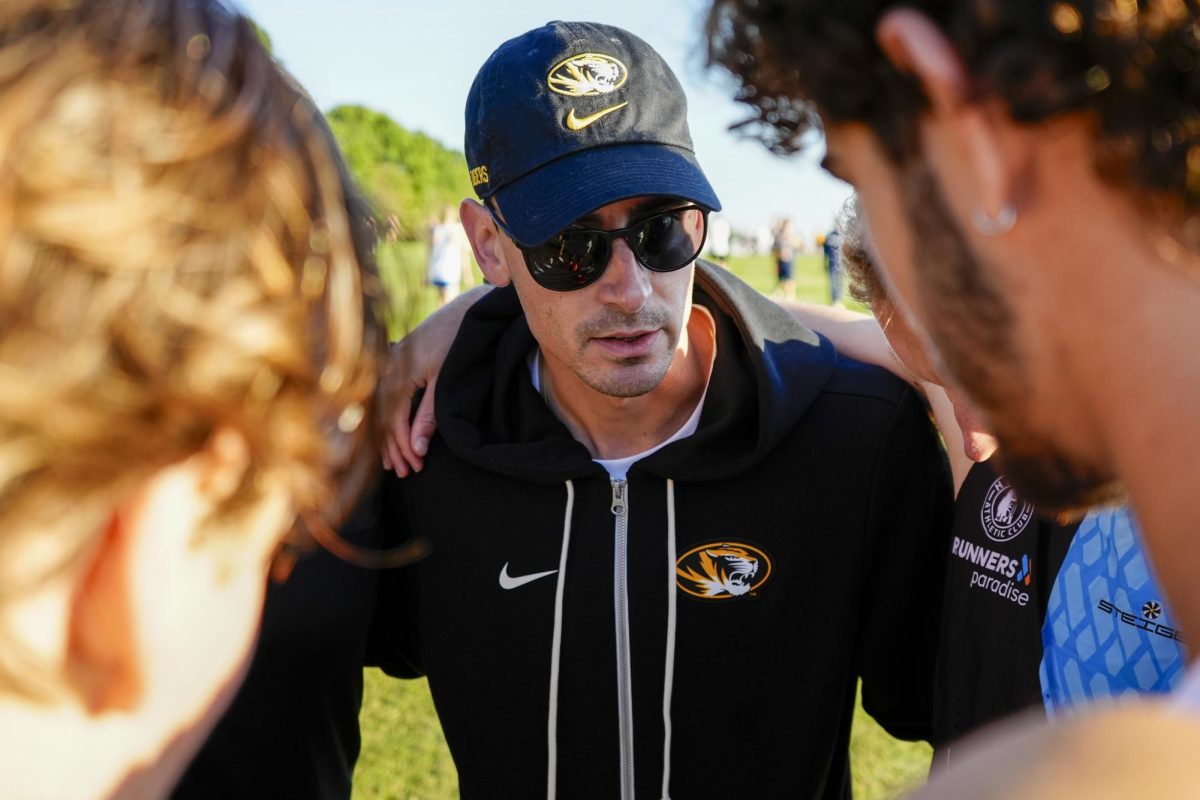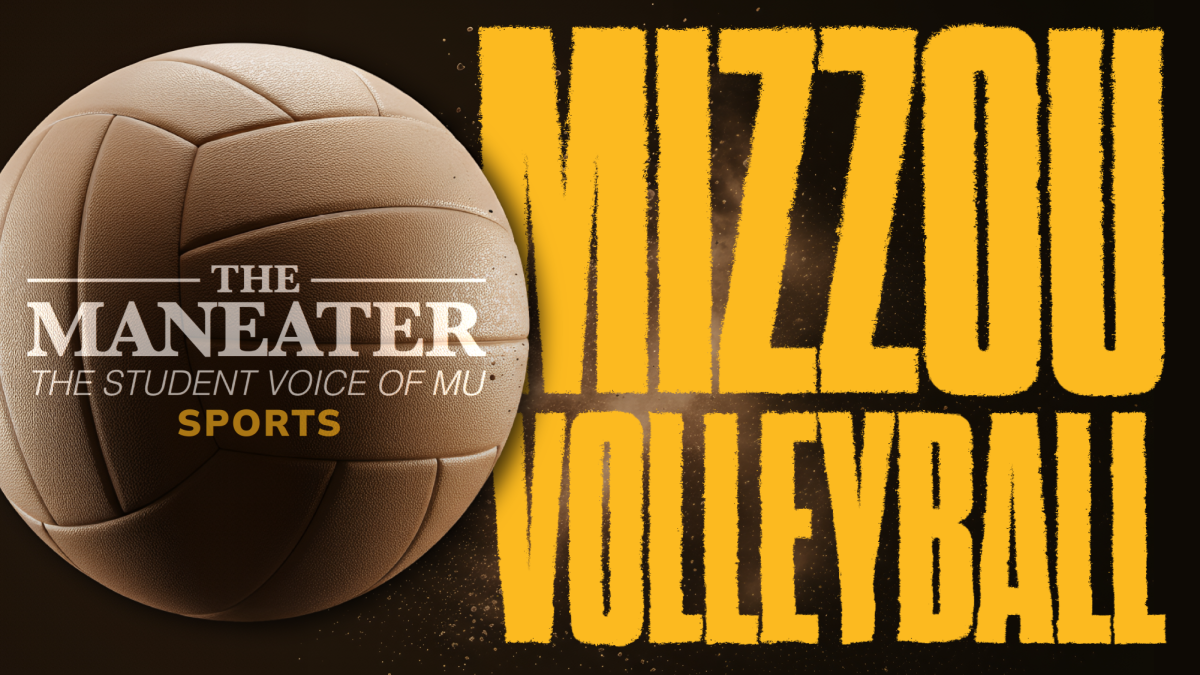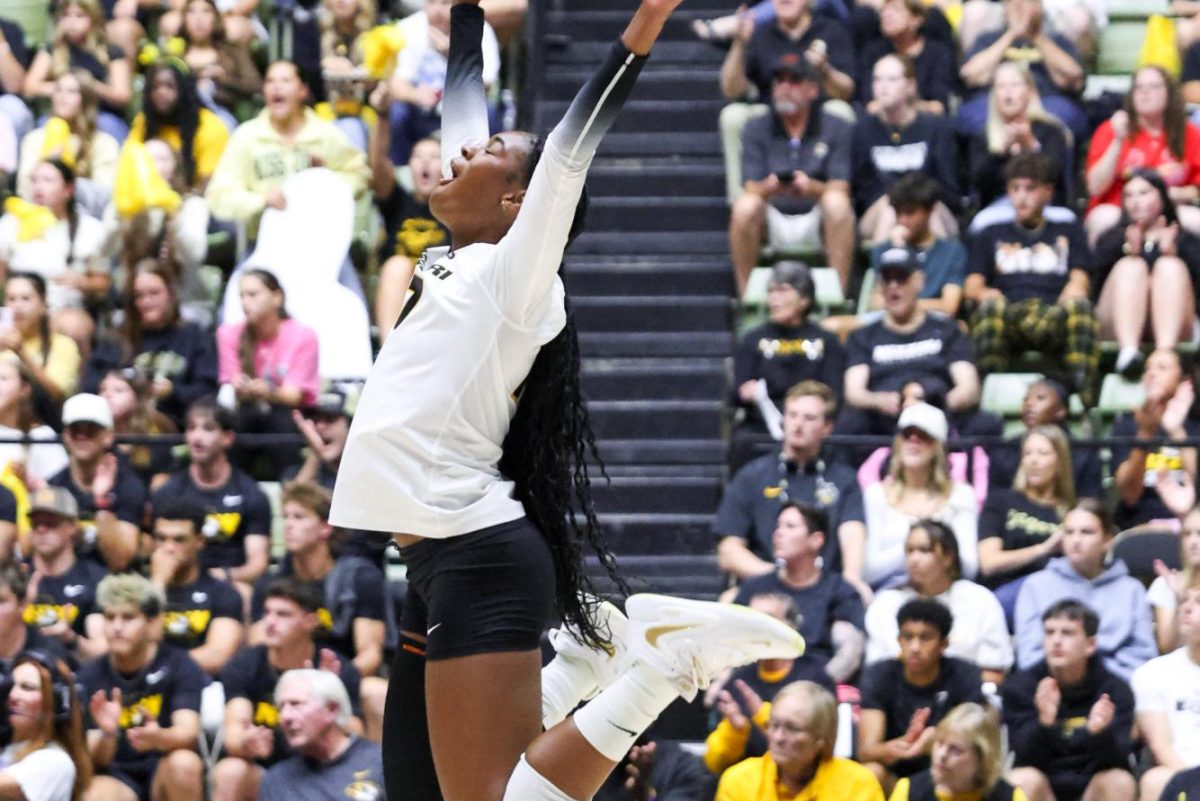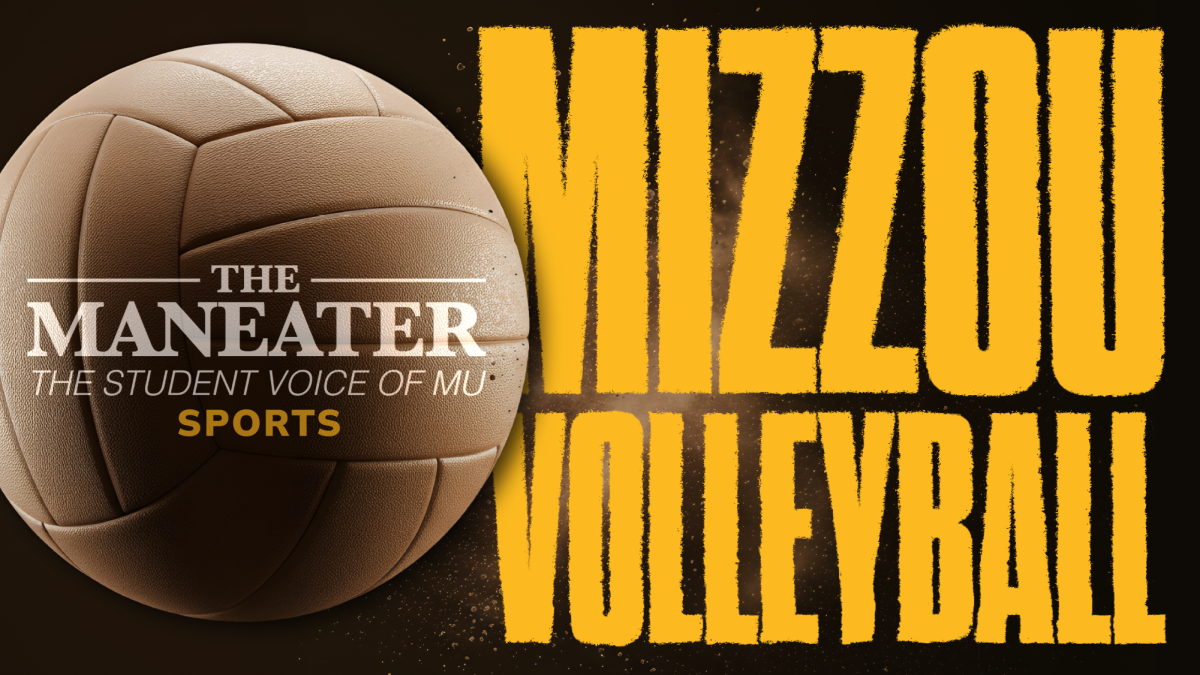Ask any student in assistant teaching professor Rick McGuire’s Psychological Perspectives of Sport class what sports psychology is, and you will hear a resounding answer: “Thinking right in sport.”
Those students include four members of the Missouri women’s volleyball team: junior hitter Emily Wilson, freshman blocker Emily Thater, freshman setter Loxley Keala and freshman defensive specialist Courtney Meek.
In addition to having the option of enrolling in McGuire’s course, which McGuire said 80 percent of athletes take before graduation, every Missouri athletic team has a full-blown sports psychology program in place.
“Compared to the rest of the country, we are way out in front,” McGuire said. “This is going in a big way at Missouri. There aren’t many (universities) that have any sports psychology programs, and nobody has one like this.”
McGuire and coach Wayne Kreklow first integrated sports psychology into the volleyball program last year. The partnership was designed to give players support off the court and pushes them not to win but to play their best.
With a 21-0 record, it’s obvious that the Tigers are not lacking in physical prowess, so the key to their success may lie in the team’s mental ability to simply “think right.”
“I teach focus as a skill,” McGuire said. “I teach it as the most fundamental sports skill of all. It’s more fundamental than running or jumping because in some sports you don’t run and jump, but in every sport, being focused matters.”
Wilson has been the beneficiary of the volleyball team’s sports psychology program for the last two years.
“We’re a very confident team, and I think with all of the (sports psychology), that really helps us to continue to stay really confident,” she said.
McGuire also stresses the importance of not appealing just to athletes themselves, but also to all the staff that interact with them.
“The mind is the gatekeeper of the body, and right thoughts help let it out, and wrong thoughts lock it in,” McGuire said. “While people acknowledge that, they don’t understand it. … We understand that kids need support of the coaches, so the more we have the coaches understand, the better they’re going to be able to coach.”
Sports psychology graduate assistant Scotta Morton has been working closely with the volleyball team for the last year. Morton goes on the road with the team whenever possible and traveled with the Tigers to their first two tournaments in the preconference season.
Morton meets with the team as a whole once a week, and meets with individual players one-on-one as often as the players feel the need to reach out.
“She’s really a big help because it gives us another resource that we can use,” Kreklow said of Morton. “We just run the gamut, from goal-setting to approaches that players use during the game to refocus, to confidence issues. … It’s a very organized, very purposeful approach that we’re doing with them.”
Wilson said McGuire’s class supplements the program Morton has put in place. She says that in the midst of the Tigers’ current record-setting success, self-assurance has played a huge role.
“I think it’s helped me a lot, personally at least,” Wilson said. “It just helps me work on my mental side of things. That was something that, when we got here, I never really had done before and with starting that last year and carrying it over to this year, has really helped.”
In addition to being MU’s Director of Sports Psychology, McGuire served as Missouri’s head track and field coach for 27 years until his retirement in July 2010.
“I was a better teacher because I was every day working with athletes with real issues,” McGuire said, “and as a professor, it had me on top of what’s happening in the field, what’s happening in research, and how could I apply that in my own work, and so when I went to practice I was a better coach because I had this part of my life as well.”


